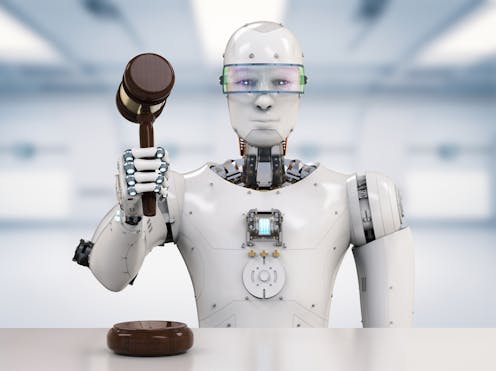should the technological revolution be regulated – and can it be?
- Written by Charles Barbour, Associate Professor, Philosophy, Western Sydney University

Back in 2005 – before the rise of social media or smart phones, let alone blockchain, metadata and OpenAI – computer scientist and entrepreneur Ray Kurzweil[1] published a breathlessly prophetic account of what he called “the singularity”.
Kurzweil meant a moment in the not-too-distant future when super-intelligent technology would suddenly exceed all imaginable human capacities, absorb humanity into its operations, and spread its mastery across nothing less than the universe itself. The Singularity is Near[2], his title ominously declared. And he was confident enough in his calculations to offer a precise date: 2045.
This year, almost exactly halfway between 2005 and 2045, Kurzweil released an update on his prophesy. It was essentially the same prognosis, but with a somewhat less ominous sounding title: The Singularity is Nearer[3].

















